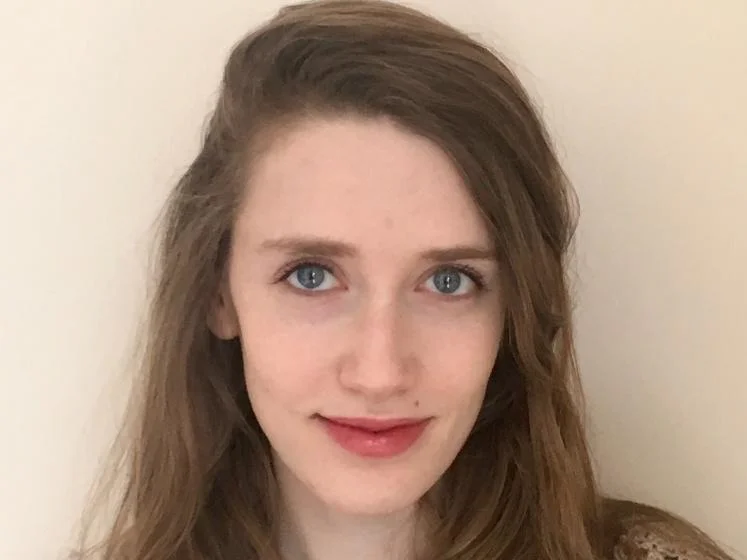Why states renege on commitments within alliances: a Q&A with Jacklyn Majnemer
Why states renege on commitments within alliances
Jacklyn is a PhD student in the Department of International Relations
I have had a lot of support from my department and the US centre to do research abroad

What are you currently researching?
My research focuses on Canada’s fluctuating nuclear sharing commitments under NATO and NORAD during the Cold War. By using this case study, I aim to provide more understanding about why states renege on commitments within institutionalised alliances, where research suggests that there are strong incentives to maintain commitments.
Why were you attracted to this area?
During my undergrad, I took a class on weapons of mass destruction (WMDs) and learnt a lot about nuclear security. At this time, I found out that American nuclear weapons used to be stationed on Canadian soil, which was something that I was not aware of before. I wanted to learn all that I could and I have not stopped since then.
What are you hoping your research will achieve in the long term?
Given global and domestic developments, such the uncertainty around the stability of NATO and the UK’s decision to leave the EU, I think the question of why states renege on commitments they have held for a long time within institutionalised structures is increasingly relevant.
It is important to see these events within a historical perspective as well: are the factors that are driving reneging today the same as they were in the past or in different contexts? Can we see some points of similarity that can generally explain why governments attempt to renege on their commitments and when they succeed?
I also want to bring more attention to nuclear sharing and nuclear foreign deployment. It was surprisingly widespread during the Cold War, but there is still a lot left to be understood about these activities.
What has been the highlight of your PhD so far?
I recently received a Mobilizing Insights in Defence and Security (MINDS) Initiative Doctoral Award, which is administered by the Canadian Department of National Defence and the Social Sciences and Humanities Research Council (SSHRC), along with a SSHRC doctoral award. I am incredibly proud and grateful to receive these awards.
I have had a lot of support from my department and the US centre to do research abroad. For example, I received the . With this, I was able to go to archives in the US - the Nixon Presidential Library and Archive and the Kennedy Presidential Library and Archive.
The support from the US Centre even after the grant has been fantastic. They keep me informed about different opportunities and there are lots of resources within the Centre that I can use. I would really encourage anyone doing research that relates to the US to apply.
What has been the most challenging part of your PhD?
Realising that taking breaks and stepping back are essential parts of the research process.
What advice would you give to others trying to deal with those pressures?
Have at least one day off a week where you do not do anything at all related to your PhD. Also, I would encourage everyone to apply for every opportunity that you can! Even if things feel like long shots or if you have been rejected before, still apply.